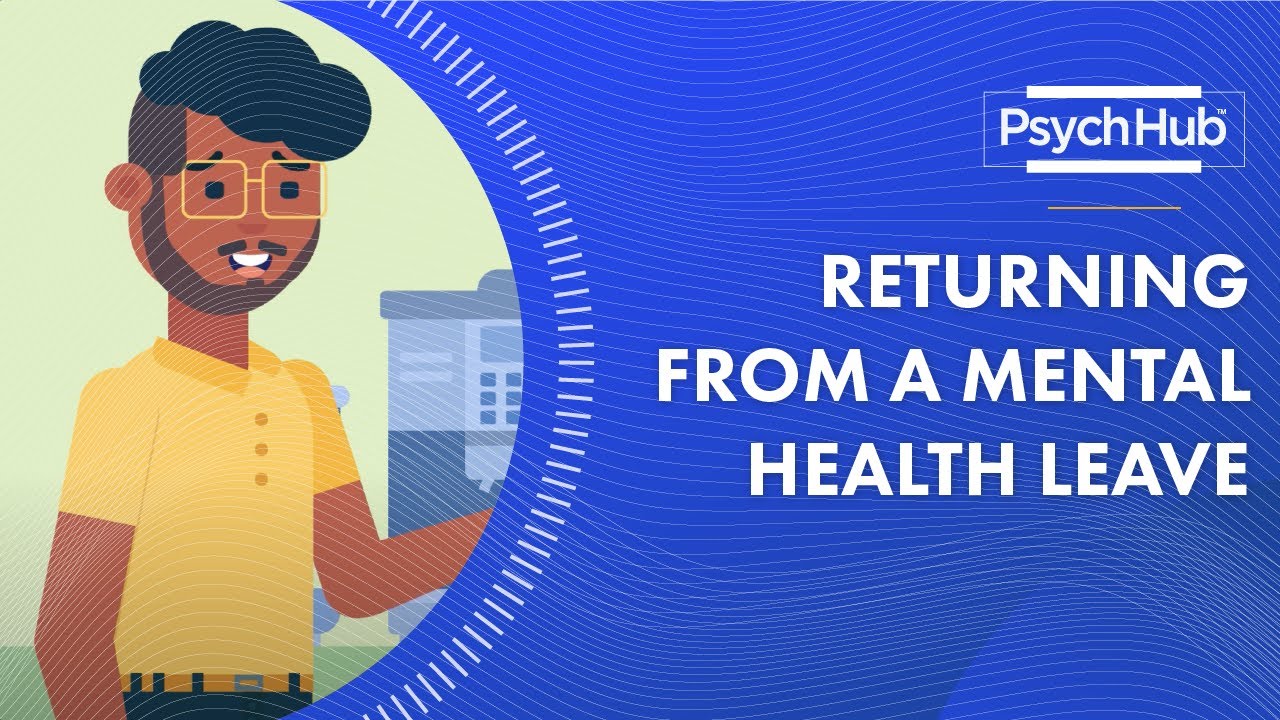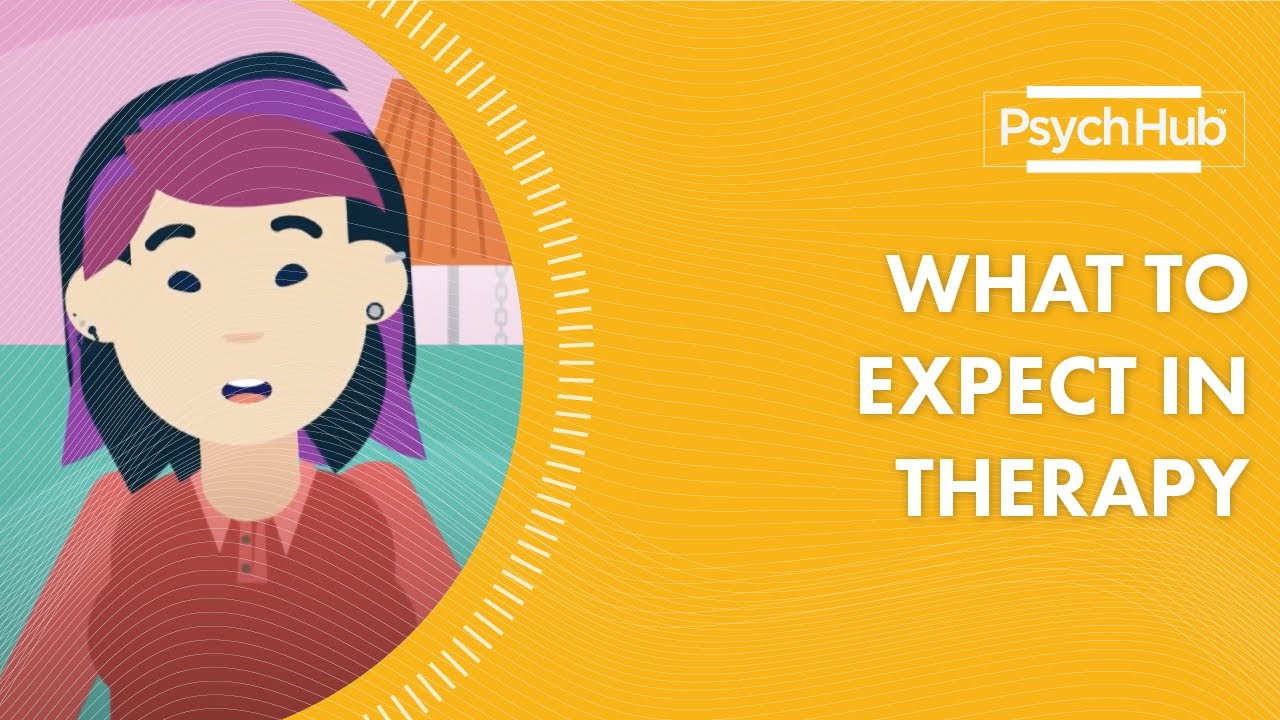Have you ever paused to think about what we’re truly seeking in our practice of mindfulness? Are we perhaps focusing too much on personal gain and missing a crucial element?
What We’re Getting Wrong About Mindfulness, According To Research
It’s undeniable that mindfulness has become a staple in Western self-care routines. From yoga studios to meditation apps, people are engrossed in this ancient practice to enhance their mental and spiritual well-being. Yet, according to recent findings published in the Journal of Contemporary Psychotherapy, this individualized approach may be missing the mark. The research suggests that mindfulness should not be solely about self-improvement but should also involve a broader, collective perspective.

The Essence of Modern Mindfulness
Mindfulness, in its traditional form, serves as a valuable tool for navigating life’s challenges. It can help you pause, reflect, and ultimately improve your mental health. However, the prevailing Western interpretation has sidelined a key component: the involvement of others and the world around us. The study points out that the modern emphasis on personal betterment distorts the original communal and spiritual nature of mindfulness.
Dr. Liz Marks, a clinical psychologist and researcher, underscores this shift. “Mindfulness offers a unique opportunity to pause and reflect in our continuously hectic lives. Yet, it’s increasingly presented as another self-betterment tool,” she explains. The study suggests that instead of concentrating solely on self-improvement, mindfulness practices should help individuals recognize their connection to the broader community and the natural world.
Revisiting Traditional Mindfulness
Historically, mindfulness was a collective endeavor. In Eastern cultures, where mindfulness has deep roots, the practice was never about isolating oneself from others. Instead, it was about fostering a sense of interconnectedness. This sense of community and spiritual engagement, the study argues, is crucial for mindfulness to be effective and transformative.
The authors of the study lament the “loss of the spiritual and collective elements historically essential to mindfulness.” This collective focus is integral to coping with the pressing issues of our time, such as climate change, social inequality, and global violence.
The Role of Community in Mindfulness
True mindfulness isn’t just an inward journey; it’s about being aware of your surroundings and the people in it. Incorporating a collective approach can amplify the benefits of mindfulness. Engaging with your community doesn’t merely improve your mental state; it helps foster a more compassionate, interconnected society.
According to the research, approaching mindfulness from a community-based perspective can be transformative on multiple levels. It can reduce suffering, strengthen connections, and cultivate a compassionate environment. These benefits are indispensable, particularly in the context of contemporary global issues.
Implementing Community-Based Mindfulness
Wondering how to incorporate a community-focused mindfulness practice into your daily life? Here are some practical steps:
- Mindful Listening: Practice being fully present when someone is speaking to you. Give them your undivided attention.
- Pause Before Reacting: Whether it’s road rage or snapping at a co-worker, take a moment to breathe and consider your response.
- Community Engagement: Participate in local community events, volunteer, or join a mindfulness group.
These small yet significant actions can make mindfulness a more collective and enriching experience.

Case Study: The Mindfulness-Based Stress Reduction Program
The Mindfulness-Based Stress Reduction (MBSR) program is an excellent example of how mindfulness can be practiced collectively. Developed by Jon Kabat-Zinn, MBSR is often conducted in group settings. Participants share their experiences, learn from each other, and build a supportive community. This collective approach has shown to be highly effective in reducing stress and improving overall well-being.
Scientific Backing for Community Mindfulness
Research has consistently shown that community and social connections are vital for mental health. The benefits of mindfulness are magnified when practiced in a community setting, from lowering stress levels to increasing feelings of connectedness and compassion. The study published in the Journal of Contemporary Psychotherapy underscores the importance of social and spiritual elements in mindfulness practice.

Addressing Global Challenges Through Community Mindfulness
One of the most compelling aspects of the research is how it links mindfulness to addressing global issues. Whether it’s climate change, social inequality, or violence, mindfulness can play a key role. The collective focus of mindfulness can help people become more aware of these issues and inspire actions that benefit the greater good.
For instance, a mindfulness practice rooted in community can help you become more aware of your environmental impact and motivated to adopt sustainable practices. This sense of responsibility extends beyond personal betterment and contributes to a larger purpose.
Practical Exercises for Integrative Mindfulness
Below are some exercises to help you integrate a more community-based approach to your mindfulness practice:
| Exercise | Description |
|---|---|
| Loving-Kindness Meditation | Focus on sending positive thoughts to yourself, others, and the world. |
| Group Meditation | Practice meditation in a group setting to enhance collective energy and support. |
| Nature Walks | Mindfully engage with nature while with a group to feel interconnected. |
| Community Service | Volunteer or participate in community activities as an extension of your mindfulness practice. |

Reframing Mindfulness: From Self to Community
The study serves as a wake-up call to reconsider how you approach mindfulness. Shift the focus from “self” to “community.” Instead of solely seeking personal well-being, think about how your mindfulness practice can benefit those around you. This shift can lead to deeper, more meaningful experiences and a greater sense of fulfillment.
Breaking Down Common Misconceptions
Many people hold misconceptions about what mindfulness is supposed to achieve. It’s not just about feeling good or reducing stress. While these are important benefits, true mindfulness extends beyond personal gains. It’s about developing an awareness that encompasses others’ experiences and the broader world.

The Interconnectedness of All Beings
One of the fundamental principles of mindfulness is the concept of interconnectedness. When practiced correctly, mindfulness fosters a sense of unity with others and the environment. This sense of interconnectedness can be profoundly healing and empowering, both personally and collectively.
The Importance of Compassion
Compassion lies at the heart of community-based mindfulness. By extending your mindfulness practice to include compassion for others, you cultivate a more inclusive and empathetic approach. This not only benefits you but also enriches your community.
Future Implications of Mindfulness Research
The recent findings open the door for more comprehensive studies on the role of community in mindfulness. Future research could delve deeper into how collective mindfulness practices impact social issues and contribute to global well-being.
Applying Research Insights to Daily Life
Incorporate the research findings into your daily mindfulness routine. Practice mindfulness in public spaces, participate in group activities, and focus on being present for others. This integrative approach can enrich your overall experience and make mindfulness a more holistic practice.
Collective Challenges and Mindfulness
Mindfulness can be a powerful tool for addressing collective challenges. By shifting focus from personal improvement to communal well-being, mindfulness can help tackle issues like climate change, social injustices, and community violence. This broadened scope makes mindfulness an even more valuable practice.
The Role of Teachers and Leaders
Teachers and leaders in the mindfulness community play a crucial role in promoting a collective approach. They can create environments that foster communal experiences and emphasize the interconnected nature of mindfulness. Workshops, retreats, and group sessions can be designed to incorporate collective well-being.
How to Measure Community-Based Mindfulness Success
Measuring the success of community-based mindfulness practices can be challenging but essential. Surveys, feedback forms, and community testimonials can provide valuable insights. Moreover, observing changes in community engagement and collective well-being can serve as indicators of success.
Summary and Call to Action
There is nothing inherently wrong with using mindfulness for personal improvement, but it’s crucial not to overlook the broader community. Incorporate compassion, collective engagement, and a sense of interconnectedness into your mindfulness practice. By doing so, you not only enrich your life but also contribute to the well-being of others.
After understanding these insights, make it a point to practice mindfulness that benefits both you and the world around you. Let your mindfulness journey be a collective endeavor, fostering a sense of unity and communal well-being.
Are you ready to make your mindfulness practice more inclusive and impactful? Start today, and see how this shift enriches not only your life but also those around you.




